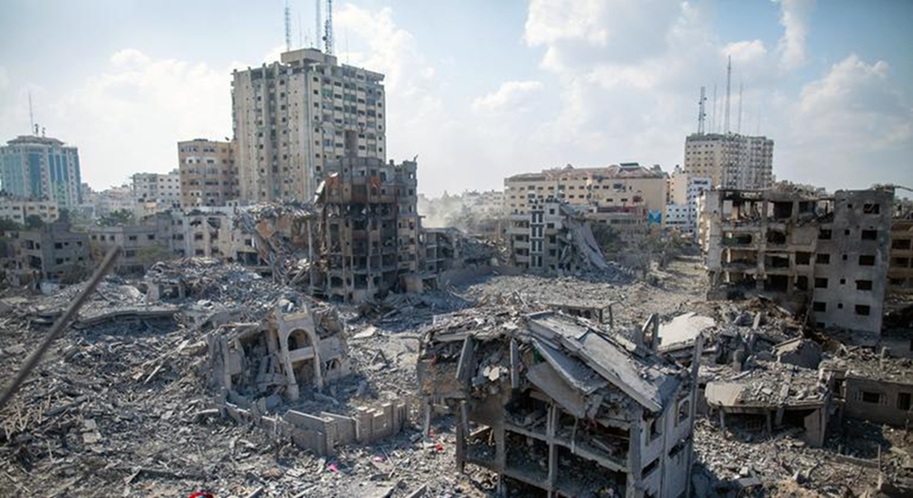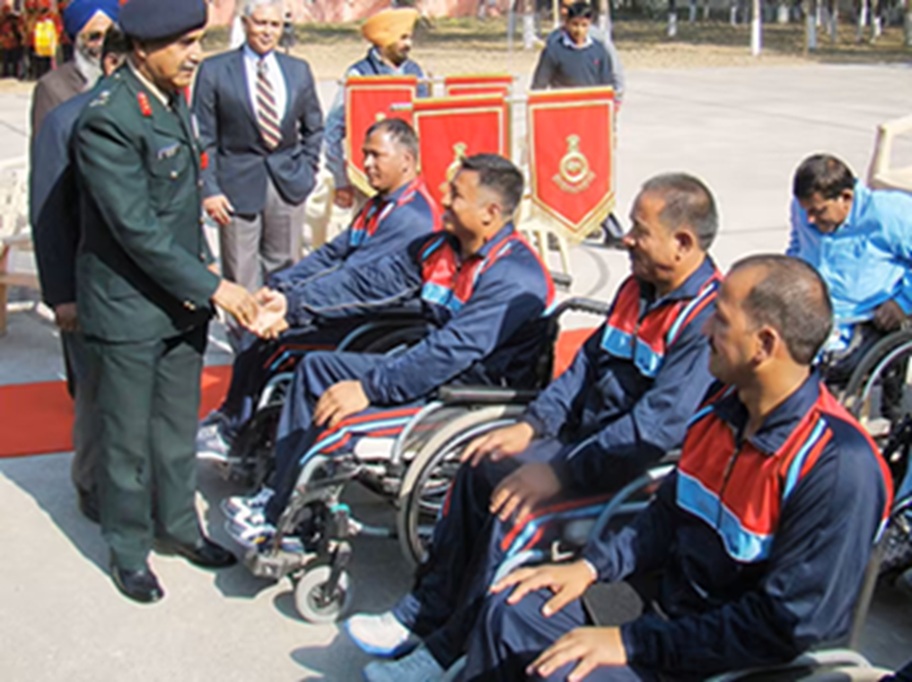For the longest time, India was a strategic and important partner of Maldives. There was a growing influence of India in the Maldives during British rule which strengthened post that and continued throughout the 1980s and 1990s. Not only was India one of the first countries to recognize the Maldives as a country at the global stage, but also soon became an important economic and politically significant partner.
An Indian Ocean archipelago of 1,192 coral islands, the Maldives’ lies 1360 miles from the Indian subcontinent making its geographic location – it sits near major sea lanes, including the East-West shipping route through which much of West Asian oil headed for East Asia is transported – of immense strategic significance. It’s proximity to the Indian mainland and India’s Lakshadweep islands makes it substantial for regional security and thus the unceasing need for cooperation with the Maldives in security and defence sectors is highly important. What further marks the Maldives as an important neighbour is its presence and support in the multilateral forums, mainly SAARC and the United Nations.
Historically, India played a crucial role in the economic development, social and financial assistance and acted as a first responder to the political turmoil faced by the Maldives. India maintained a strong hand in ensuring political stability by supporting the authoritarian rule of Maumoon Abdul Gayoom, half-brother of the previous President Abdulla Yameen.
India’s military intervention in 1988 followed by the implementation of Operation Cactus, it was able to squash the attempt of a coup to the takeover the Maldivian government. This allowed Gayoom to remain in power for three more decades. Since 2009, India and Maldives have conducted Joint Military Exercise – Ekuverin – which means ‘Friends’ in Dhivehi language. It focuses on enhancing interoperability between the two forces for carrying out counter-insurgency and counter-terrorism operations in a semi-urban environment under the United Nations mandate.
Bone of Contention
The relations between New Delhi and Malé began to fray after the former President Mohamed Nasheed who was perceived as India-friendly was forced to resign in February 2012 following which a new president – Yameen – was elected. The coming of President Yameen led to a dramatic political shift in bilateral relations. Given the authoritative regime of Yameen (2013-18) and his pro-China tilt, the Indo-Maldives relations had reached the lowest ebb. This was evident from the termination of an agreement signed between India and Maldives to upgrade the Male airport in 2012. The contract was initially awarded to the Indian infrastructural company GMR but later was assigned to a Chinese company. This went against the Maldives long-standing ‘India First Policy’. As a result of this anti-India stance, Prime Minister Narendra Modi cancelled his visit to the island nation in 2015.
Further aggravating the relations, Maldives failed to mention India as one of the country partners with which it would have been open to establishing Free Trade Agreements (FTA), while simultaneously concluding their first-ever FTA with China. This agreement garnered much attention mainly because of how it was passed as Members of the Maldivian parliament were neither given ample time or access to the document. This indicated the urgency with which President Yameen had fast-tracked the agreement without seeking sufficient suggestions. In all, Maldives and China signed 12 agreements including the controversial FTA. Those of concern to India included a pact to jointly promote the One Belt One Road (OBOR) Initiative, the agreement on “Airport Economic Zone Development in Hulhumale” and the “Protocol on Establishment of Joint Ocean Observation Station”. For long the OBOR initiative by China has been contested by India mainly because it raises security concerns. China has been on the path of developing economic corridors as part of the OBOR initiative that would increase connectivity and promote trade between countries. However, many have viewed it as an attempt by China to enhance its presence within nations and their economies. A similar attempt has been made by China in the Maldives.
As of 2018, China’s loans to the Maldives stood at a value of about $1.5 billion, which is considered to be one-fourth of its GDP. This has led the Maldives to fall into the Chinese debt trap, giving Beijing huge leverage over the Maldives and turning Chinese assistance into the management of resources including seeking complete control of lands and ports. In August 2019, three Chinese naval ships docked in Malé. This raised significant alarms regarding India’s future maritime security.
Lastly, what has been a cause of concern not only for India but also for other nations has been the rising Islamic fundamentalism. The Maldives, although a non-Arab country, boasts the world’s highest number of foreign fighters per capita. In April 2020, when the world was coming to terms with Covid-19 pandemic, five speedboats and two dinghies at the harbour of Mahibadhoo island in the central Maldives were set ablaze by ISIS members.
For a country such as India, with a coastline over 7000 km leaves it vulnerable and provides an opportunity for non-state actors to use the sea route to enter the subcontinent, much likely done previously. (26/11 Mumbai Attacks). There has been an upsurge in the number of Maldivian fighters joining terrorist organizations such as Al-Qaeda and ISIS, some of which are operating locally in India, specifically in Jammu and Kashmir. This raises the question of internal security and peace in India and the fast dissemination of radicalized ideology within the subcontinent amongst the youth.
Conclusion
The coming of President Yameen leads to a complete shift in Maldivian foreign policy. However, after his defeat by the opposition candidate Ibrahim Mohamed Solih in the election of 2018, the relations between the two neighbouring states have been rekindled to some extent. One of the first steps towards improving the bilateral relations by the Maldives was an invite to PM Modi for the swearing – ceremony of PM Solih. As the new chapter unfolded, Solih has emphasized and affirmed his government’s “India First Policy”. India reciprocated the gesture by announcing assistance of $1.4 billion through a credit line and budgetary support to the Maldives and enhancing cooperation in the Indian Ocean Region, particularly in the maritime security domain through coordinated patrols and aerial surveillance. With the mounting debt, Maldives has sought greater assistance from India in correcting the anomaly.
A new chapter in the bilateral relations has been started, yet there remains a looming question about the presence of China within the region. Moreover, there is also the question of what would happen in case the Maldives is unable to pay the debt to China? Since India is not as economically sound as China, it can only provide financial aid to a certain extent. While these issues persist at the international front the nation is also dealing with internal security threats that have made matters difficult for the institutions of the country. Irrespective of that, India would continue to do its part as a neighbour and try to re-establishment the lost friendship.
Title image courtesy: https://corporatemaldives.com/summer-island-
Disclaimer: The views and opinions expressed by the author do not necessarily reflect the views of the Government of India and Defence Research and Studies.
References: All references are hyperlinked from the relevant words in the body of the article.





